Curing Contaminated and Saline Land with Industrial Crops for Bio-based Products
Europe faces a growing challenge of land degradation, with millions of hectares affected by contamination and salinization.
This poses significant risks to human health, ecosystems, and agricultural productivity.
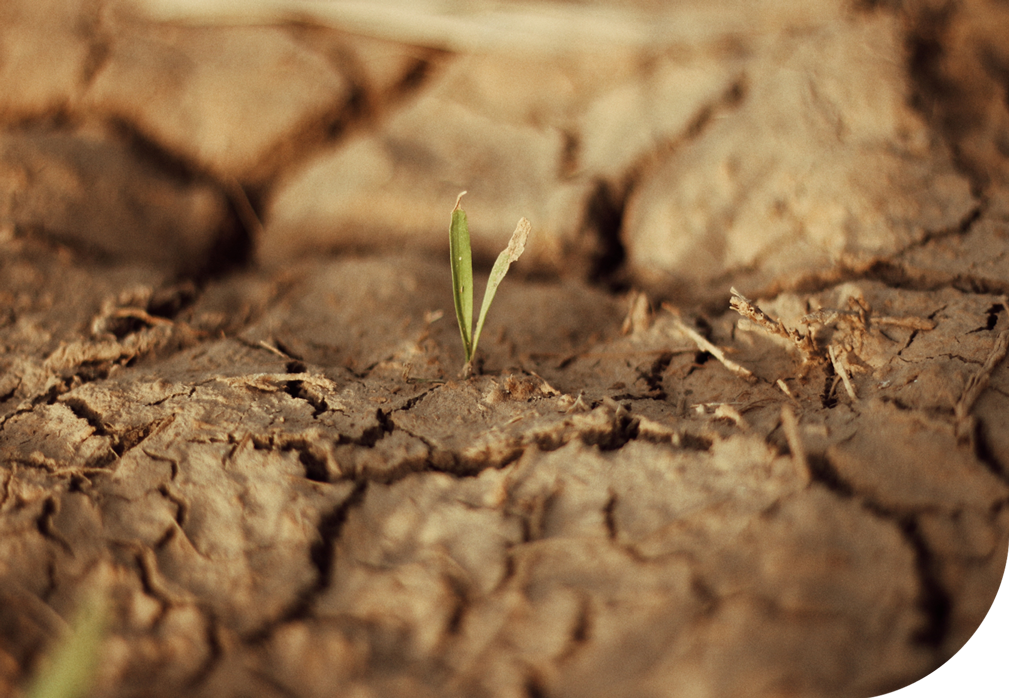
Some figures
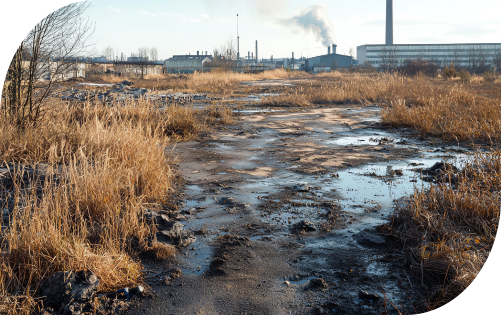
contaminated sites in the EU and UK
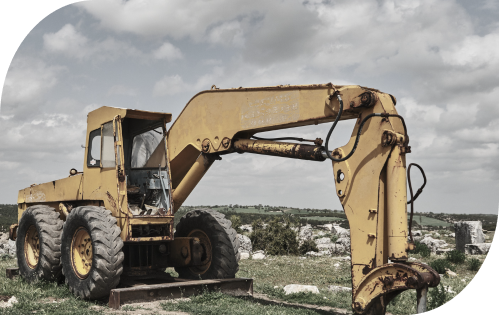
Million
Hectares
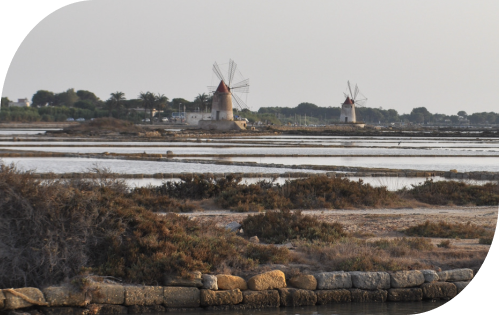
Million
Hectares
Approach
Land remediation through phytomanagement
Sustainable biomass for bio-based products
Economic viability
Environmental benefits
Farmer empowerment
IASIS is structured around a series of key activities each one addressing a specific aspect of the project’s objectives.
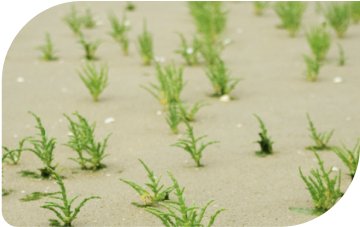
Crop optimization and phytomanagement strategies
Develop different high-yield crops for contaminated and saline soils.

Lighthouses for demonstration and co-creation
Test phytomanagement on demo sites.
Train farmers to cultivate industrial crops.
Create scalable “lighthouse” models.
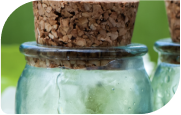
Bio-based product development
Convert biomass into high-value products using oilseeds and lignocellulosic crops.
Build sustainable value chains for bio-based applications.

Decision Support System (DSS) and business models

Engagement and replication
Share results and collaborate with farmers, industry, research organizations and institutions.
Develop policy recommendations.
Eight farm scale case studies in six countries
IMPACTS
IASIS CONTRIBUTES TO
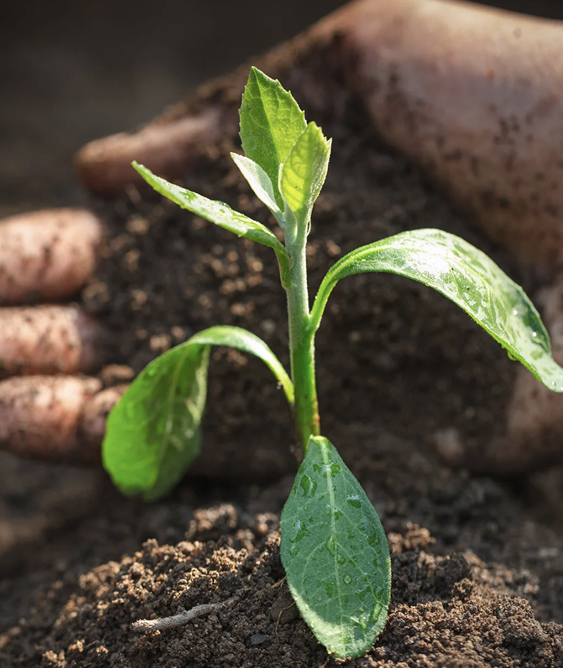
A soil deal for Europe
IASIS promotes the cultivation of contaminated and saline soils, which reduces desertification, conserves soil organic carbon stocks, prevents erosion, and improves soil structure and biodiversity.
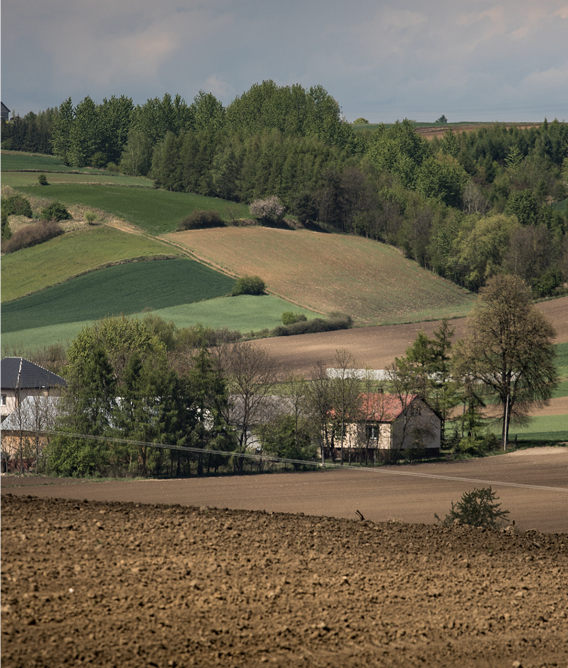
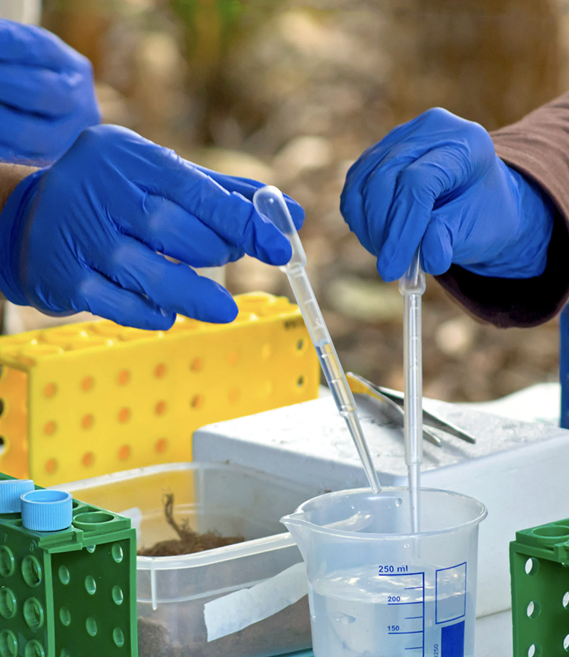
News
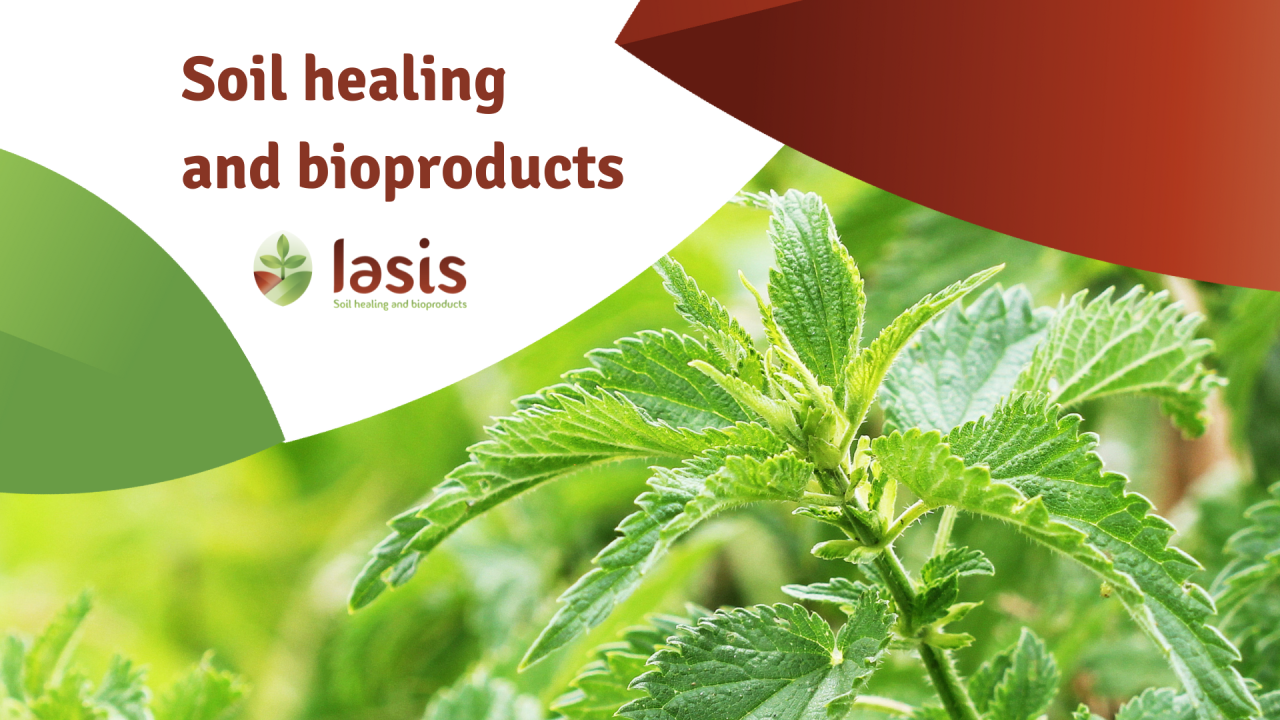
IASIS Press Release
The IASIS project, a new Horizon Europe project launched in October, is tackling this challenge head-on, by developing innovative solutions for the production of a wide range of bio-based products, obtained from non-edible crops, grown on contaminated and saline land.
